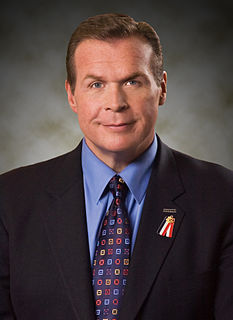A Quote by Murray Rothbard
Falling prices through increased production is a wonderful long-run tendency of untrammeled capitalism.
Quote Topics
Related Quotes
In Europe and the United States the two decades following the Second World War will for long be remembered as a very good time, the time when capitalism really worked. Everywhere in the industrialized countries production increased. Unemployment was everywhere low. Prices were nearly stable. When production lagged and unemployment rose, governments intervened to take up the slack, as Keynes had urged.
The effect of metals speculation was to push up the prices that China had to pay to countries like Australia. This squeezed China. Once the speculative demand ended, all of a sudden the added production facilities that had been brought into production by the high prices went out of production again, and there was a glut.
We live in capitalism, and capitalism is defined by the production line, and the production line is defined by specificity. If you see yourself as an artist, which I do, then you can't be limited by that. You can't let somebody tell you, 'Well, you can only draw this kind of picture or write that kind of book.'
There is no such thing as agflation. Rising commodity prices, or increases in any prices, do not cause inflation. Inflation is what causes prices to rise. Of course, in market economies, prices for individual goods and services rise and fall based on changes in supply and demand, but it is only through inflation that prices rise in aggregate.


































